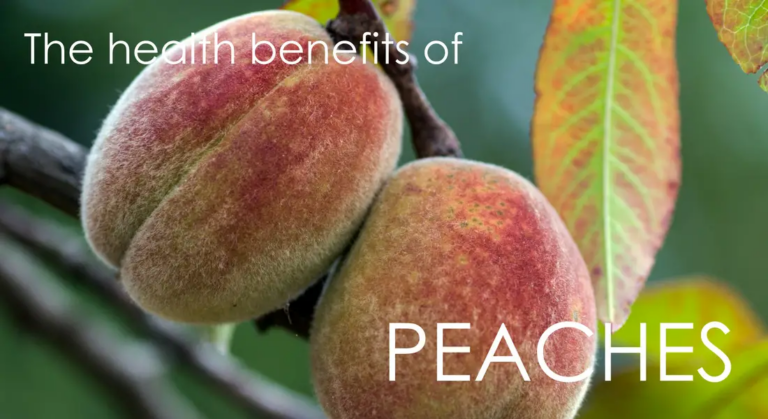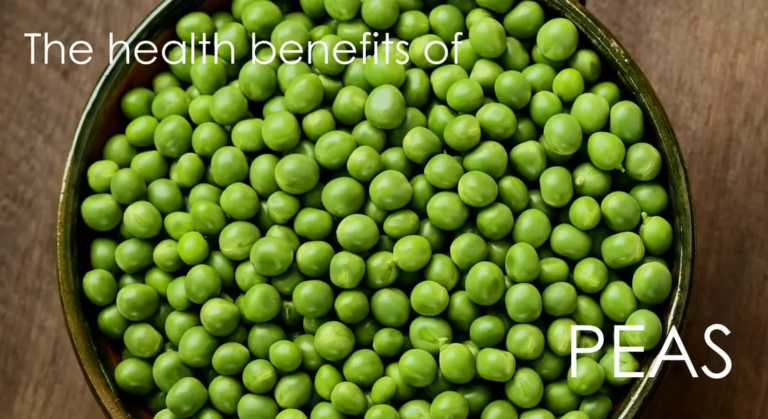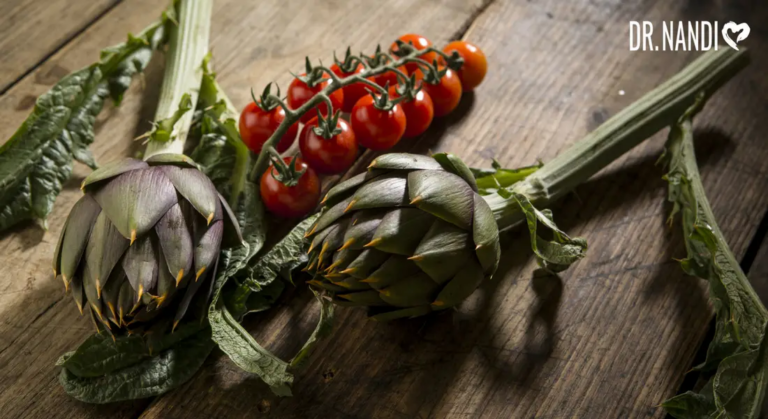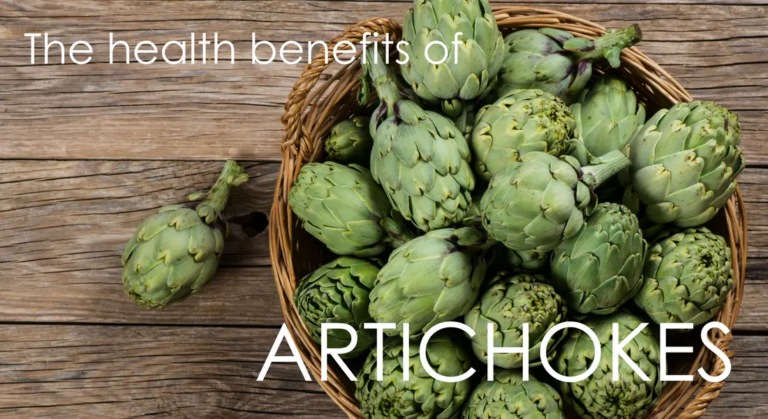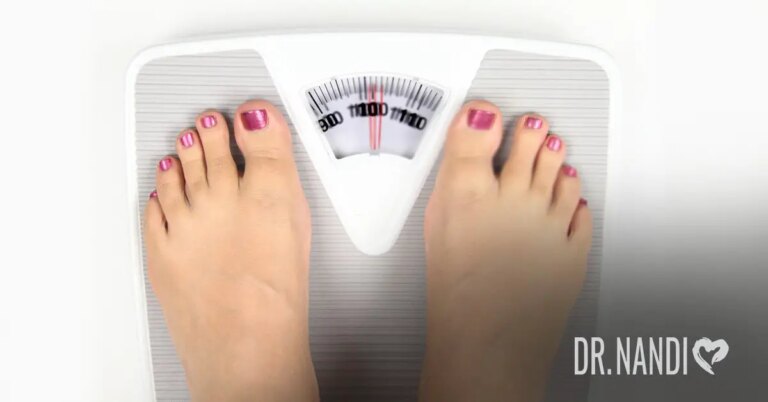Health Benefits of Peaches
Peaches are a part of the rose family, like plums, almonds, and apricots. Peaches were first cultivated in China. In China, the peach is the symbol of longevity and immortality. Other top contributors to peach production are Italy, Spain, the United States, and Greece. Georgia is also known as The Peach State because it produces…



